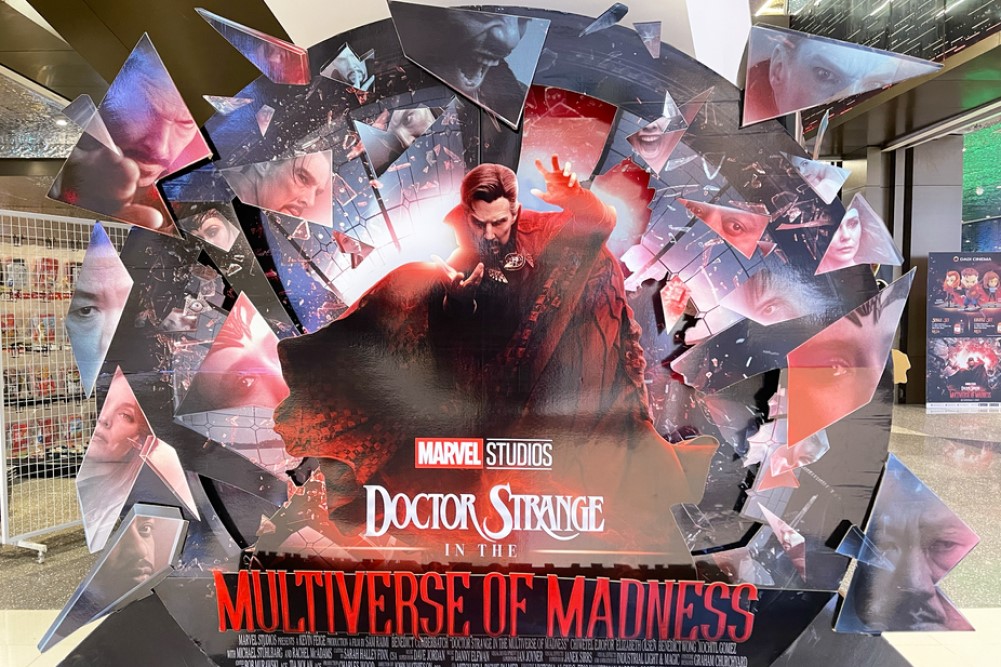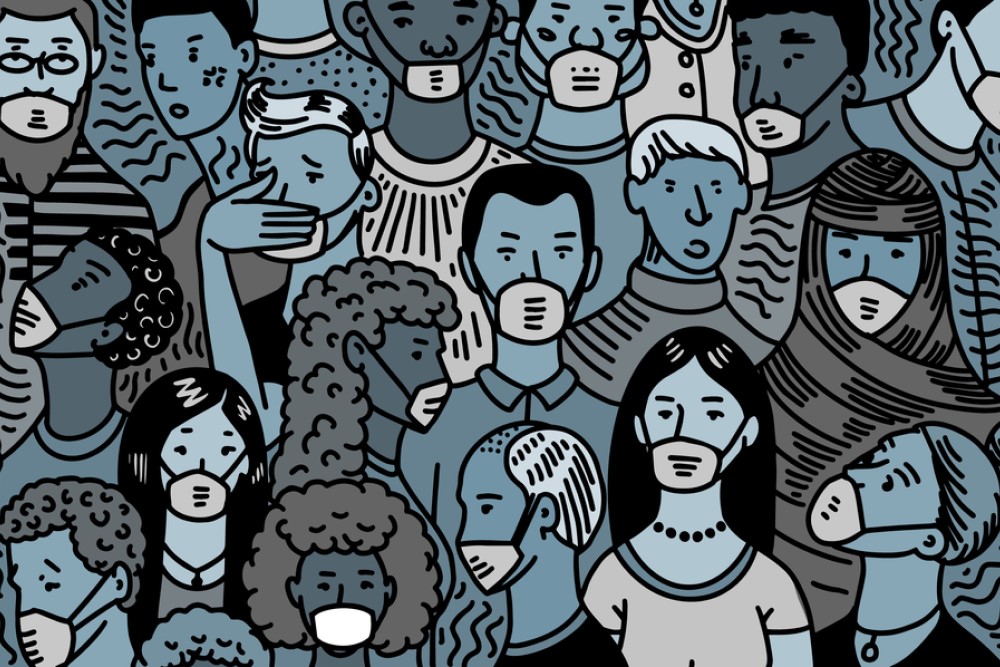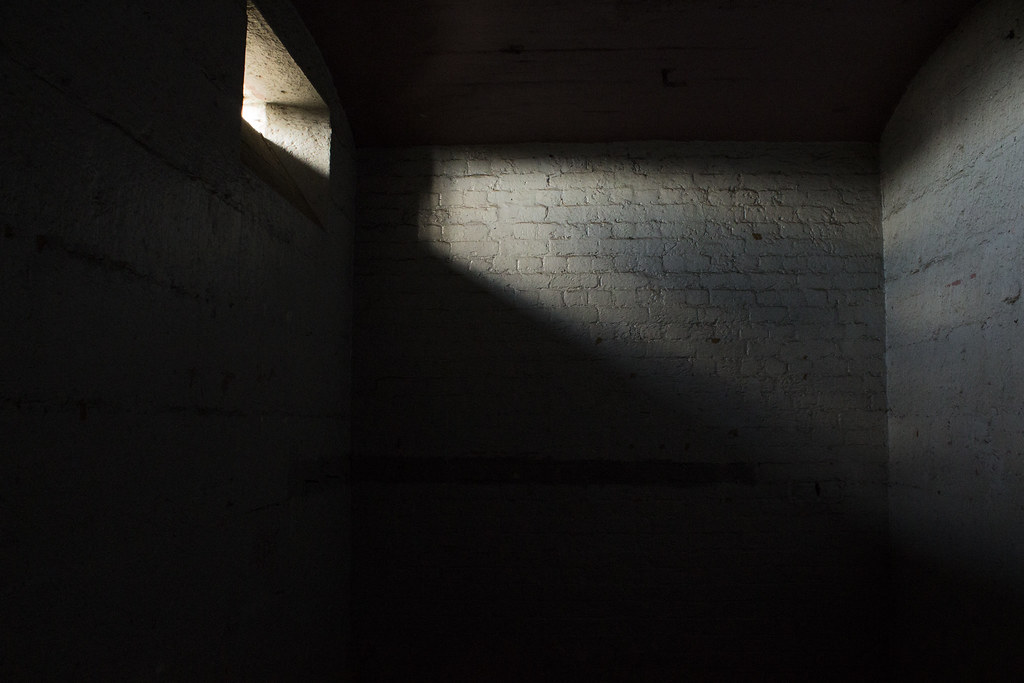This article contains spoilers for the Disney+ series Wandavision and the films Avengers: Infinity War, Avengers: Endgame, and Doctor Strange and the Multiverse of Madness.
In the latest entry to the Marvel Cinematic Universe, Doctor Strange and the Multiverse of Madness, the titular hero squares off against a former ally in a race across universes. After losing the love of her life (twice) at the end of Avengers: Infinity War and watching almost everyone else miraculously resurrected at the climax of Avengers: Endgame, Wanda Maximoff retreated to a small town in New Jersey to mourn. As shown in the Disney+ series Wandavision, she instead ends up (mostly accidentally) trapping the town inside a painful illusion wherein she could pretend that her beloved Vision was still alive; her powerful magic even creates two children (Billy and Tommy) to complete the couple’s happy life of domestic bliss — until everything unravels, that is, and Wanda is again forced to say goodbye to the people she loves.
Last March, I wrote about Wanda’s journey through grief and love for the Post;
at that point, MCU fans had a number of reasons to be hopeful for a genuine Maximoff family reunion. Now, the newest Doctor Strange film has buried those chances firmly under the rubble of Mount Wundagore.
In brief, Wandavision ends by revealing Wanda as a being of immense (and ominous) power known as the “Scarlet Witch” — she frees the town of her illusion, apologizes for the harm she caused, and escapes with a mysterious spellbook called the Darkhold, seemingly intending to somehow use it to reconnect with Billy and Tommy. But from her first scene in Multiverse of Madness, it’s clear that Wanda Maximoff is no longer sorry for what she plans to do: namely, absorb an innocent teenager’s soul and travel to a different universe (where Billy and Tommy are still alive) to kill and replace her counterpart, then live out her days as a mother to the alternate versions of her children. Moreover, Wanda is fully comfortable with killing anyone who tries to stop her — something she does in spades before the story’s end (including to most of the film’s celebrity cameos). Ultimately, it turns out that the Darkhold is a thoroughly evil book which taints whoever reads it with darkness and madness — by searching its pages for a spell to save her children, Wanda was also unknowingly corrupting her once-heroic soul. After Doctor Strange and his allies manage to cut through the Darkhold’s influence, Wanda sacrifices her own life to destroy the demonic book and spare the multiverse from the threat of the Scarlet Witch.
So, here’s where we can ask a more philosophical question:
Wanda brutally murders dozens of people in her quest to save her children, but — if she was under the influence of the Darkhold’s power — was she responsible for her actions?
One common idea (connected to the philosophical idea of “libertarian free will”) is that for an agent to be fully responsible for some action, they must be fully free or in control of the choice to perform the action — as it is often put, the responsible person must have been “able to do otherwise than they actually did” (more technically, they must satisfy the “Principle of Alternative Possibilities,” or PAP). If I were to cast a spell that hypnotically forces you to transfer your life savings into my bank account, you would not have the power to do otherwise, so you would not be free and I would be responsible for the money transfer.
On the other hand, some philosophers believe that a strong commitment to PAP is scientifically untenable: if our actions are ultimately rooted in the material interactions of molecules in our brains (as opposed to something like an immaterial soul), and if those material conditions necessarily obey regular laws of physics, then it seems like no one can ever satisfy PAP (because you will only ever do what the material conditions of the universe dictate). On this view (typically called “determinism”), notions like “free will” and “moral responsibility” are often written off as mere intuitions or illusions that, though sometimes useful in certain conversations, shouldn’t ultimately be taken too seriously.
The middle ground between these views is an interesting position called “compatibilism” which argues that determinism (as described in the preceding paragraph) actually is compatible with a robust sense of freedom and moral responsibility, but not one that requires PAP.
Instead, compatibilists argue that a person is free (and therefore responsible) for a choice if that choice aligns with their dispositions (like wanting or believing certain things). Often, compatibilists will frame responsibility for determined-but-free choices as a matter of “getting what you want” (even if you couldn’t have “gotten” anything else).
For example, suppose that you want to sit in a particular chair and read a book, so you enter a room, close the door, sit in your chair, and read the book — unbeknownst to you, the door locks after you close it, but that doesn’t matter, because you just want to sit and read — are you responsible for the choice to stay in the room? The compatibilist will easily say yes: you’re satisfying your desire, so the fact that you couldn’t have chosen otherwise (violating PAP, thanks to the locked door) is unimportant.
So, what does this mean for Wanda?
Admittedly, the MCU has given only sparse explanations about the metaphysical nature of the Darkhold (so we have to engage in a bit of speculation here), but the film does make clear that the demonic book exerts some kind of influence on (and extracts a price from) its readers. Which means that we can ask two questions:
1. Was Wanda “able to do otherwise than she actually did” while under the Darkhold’s influence?
2. Regardless of the Darkhold’s influence, did Wanda want to do what she did?
If the answer to (1) is “No,” then Wanda’s condition fails to satisfy PAP — just like how Wanda-838 (the actual mother to Billy and Tommy from the Illuminati’s universe) isn’t responsible for the actions that Wanda-616 (from the standard MCU reality) performs while dreamwalking across the multiverse, Wanda-616 would be similarly at the mercy of the Darkhold. If the answer to (2) is also “No,” the compatibilists will also be able to recognize that Wanda wasn’t responsible for her murderous choices, even though she couldn’t have done otherwise.
One of the most interesting things about this whole conversation, though, is that it’s actually not clear that the answer to (2) is “No.” While the movie takes pains to signpost the dangerous nature of the Darkhold (most notably by implicating it in the deaths of multiple versions of Stephen Strange), Wanda repeatedly suggests that her (understandable) desire to find her children is fully her own. If this is the case, then the Darkhold’s influence might have provoked her to act in extreme ways (to say the least), but the compatibilist might not be able to draw a sharp line between Wanda’s dispositions and the book’s suggestions.
However, though Wanda fans might balk at the notion that she authentically “broke bad” and is responsible for murdering whole armies of sorcerers and superheroes, this narrative might make Wanda’s decision to destroy both the Darkhold and herself at the film’s end all the more impressive.
It remains to be seen whether Wanda Maximoff’s tenure in the MCU has come to an end (the movie notoriously avoids offering conclusive proof of her death), just as it is unclear how her character might handle questions of guilt and responsibility, should she return. (For what it’s worth, I’m still hoping that the MCU will grant her a happy ending!) One thing, though, is certain: having grossed nearly a billion dollars in its first month, Doctor Strange and the Multiverse of Madness proves that Marvel Studios is all-but-determined to continuing making MCU films — and audiences will absolutely choose to keep watching them.









